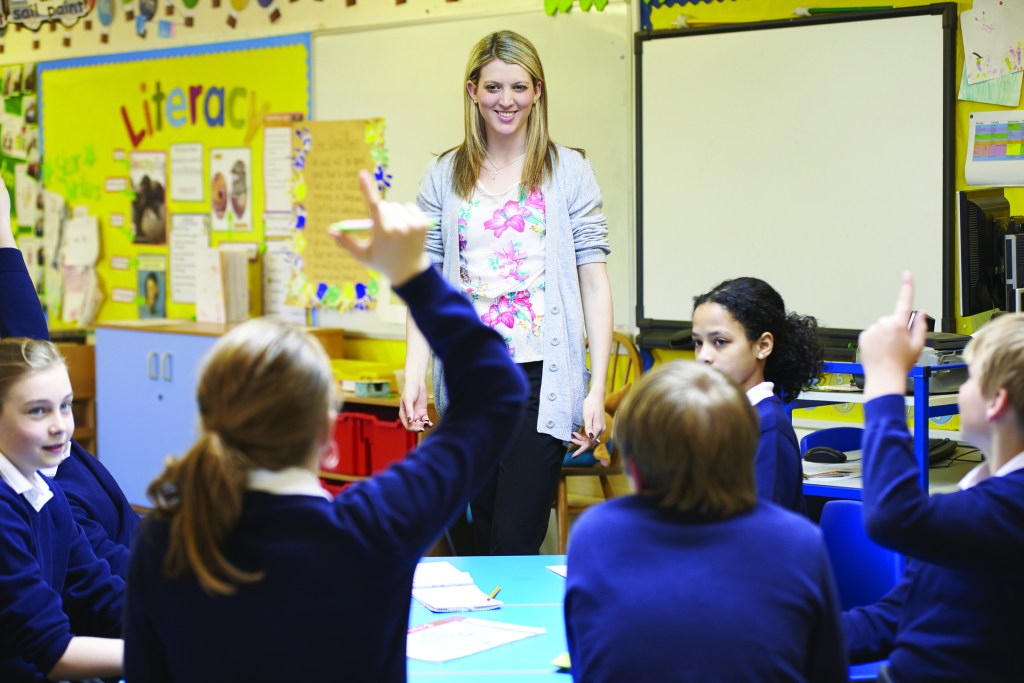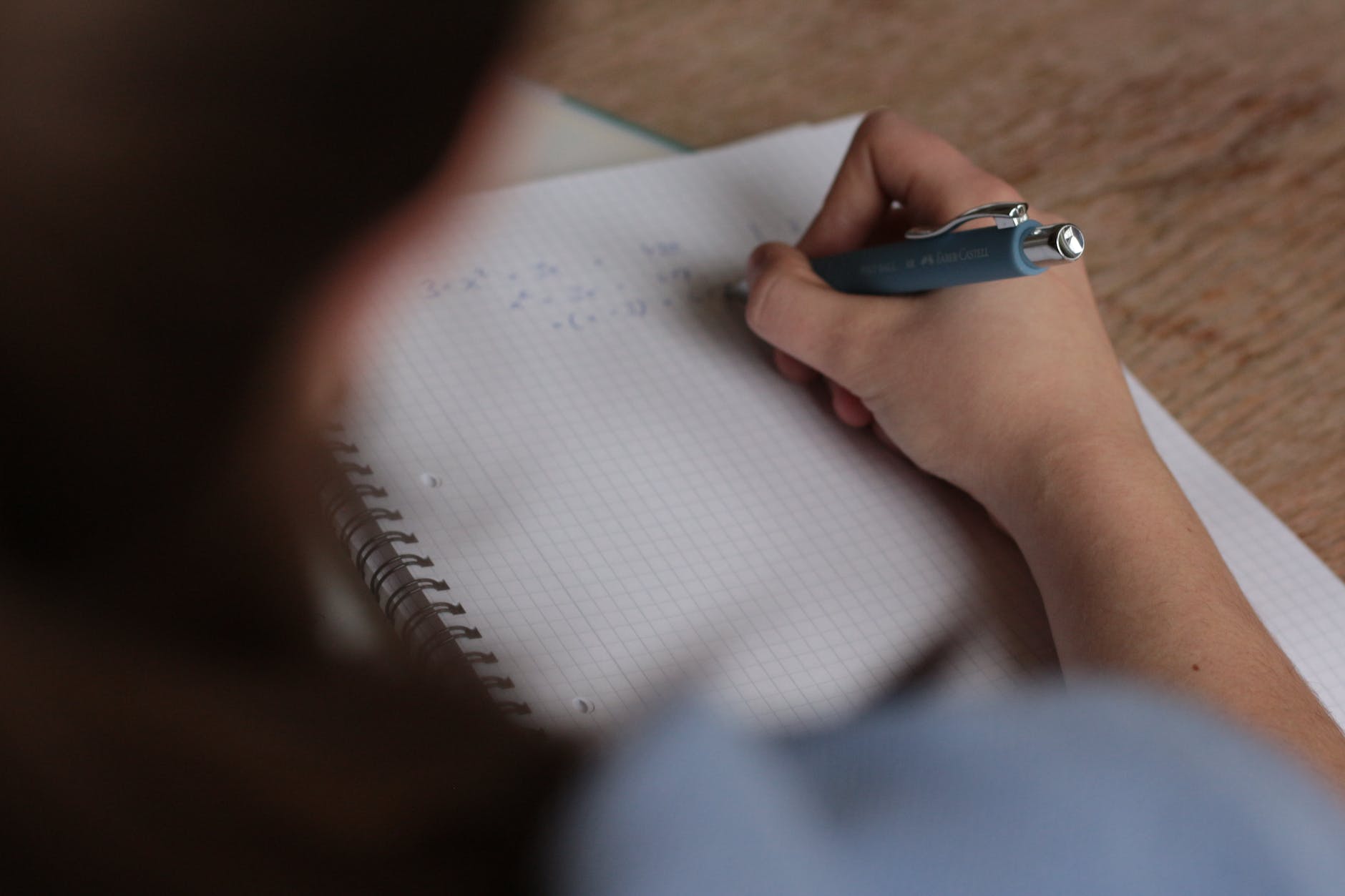Homework: Is it helping or hurting?

It’s an experience universal among students past and present alike in Ireland: homework.
As the school day ends, thousands of students leave for home, knowing that their day is far from finished.
Exercises must be finished, essays written, formulae learned, and oral material rehearsed. With the weight of work on the shoulders of Irish students, especially those in their Leaving Cert cycle, it is hard to see any alternative.
But it’s by no means a settled topic, with President Michael D Higgins sparking the latest round of debate. The time after school, he argued, would be better spent on creative pursuits.
“I think myself, really that the time at school is an educational experience and it should get finished at the school. People should be able to use their time at home for other creative things.” he told RTE’s News2Day programme.
This answer, given to a rigorous panel of Irish primary school children, sparked a fresh debate on whether a reform of Ireland’s education system was something that should be looked at.

Taoiseach Leo Varadkar also weighed in, saying that while he doesn’t support a ban, he thinks there’s “definitely a place for homework, but we need to make sure that there isn’t too much of it.”
The latest manifestation of the debate has been a letter writing campaign by students and parents to Minister for Education Norma Foley. The letter called for a range of changes, from reforms to outright bans. The department insisted that homework levels were not something within its power. Rather, they remain the purview of schools.
Homework, and schoolwork in general, is one commonly cited by students as being a significant stressor in their life. A 2019 report carried out by Jigsaw Ireland found the top three sources of stress for young people to be schoolwork.
“One of the top three stressors for adolescents surveyed was homework with 45 per cent of young people highlighting it. Exams were highlighted by 65 per cent and school in general at 72 per cent,” says Eoghan Mac Domhnaill from Jigsaw Galway.
The Irish Approach
Teachers are split on how exactly to address the issue, but an outright ban isn’t something that many seem to support. The emphasis is on reform and different approaches instead.
Sarah Mannion, a newly qualified primary school teacher from Galway now teaching in Kildare, says that the current approach to homework is working and is a necessary element of her curriculum.
“The idea behind our approach is to give the students homework that can’t be done in school. Things like a PE task, reciting a poem in Irish or English, or exercises that take them outside into the great outdoors to find things in the environment, like a spring.”
However, Sarah says that she doesn’t necessarily completely agree with the approach.
“I do think that homework should be reinforcing what the children are learning in the school that day or week.”
The most important facet of homework that she can see, at least in their own students, is parental involvement.
“I can’t tell if a child is reading their reader at home every night because I don’t have the time in school to listen to 27 children reading every morning. If the parent’s involvement at home isn’t strong, the parts of my homework are a waste of time.”
As children get older and take on larger workloads, the need for homework to make up for the limited amount of time in the day becomes more pressing.
A Different Approach?
The topic is handled differently in other countries. A common comparison to Ireland in Europe is Finland, a country generally considered to have a more liberal approach towards homework.
Martin Hogstrand is a maths teacher from Finland, preparing Finnish teenagers for their final exams.
Martin comes from the west of the country, where the first language is Swedish. In his experience, the attitude towards homework is that it’s taken for granted. He says couldn’t imagine a school like his without homework.

“Learning should always be supported by homework. It strengthens the knowledge that they learn in class, because during school hours there is little time with which to cover everything.”
However, as Martin says, most Finnish teachers’ approach emphasises the student’s responsibility. He says it is up to the students to decide just how much homework they do.
“I will usually set them five to six tasks. The first three will be the minimum that they should be doing. However, I will tell them that if they want higher grades, then they should be completing those more difficult problems. Ultimately though it’s their responsibility. I don’t check every day, I’m not the police,” he says.
The approach to homework is one that is hotly debated in Ireland and is by no means a settled matter in other parts of the world. Ultimately however, it is difficult to see an approach that does not centre the stressing effect of current approaches on students in developing new strategies.







